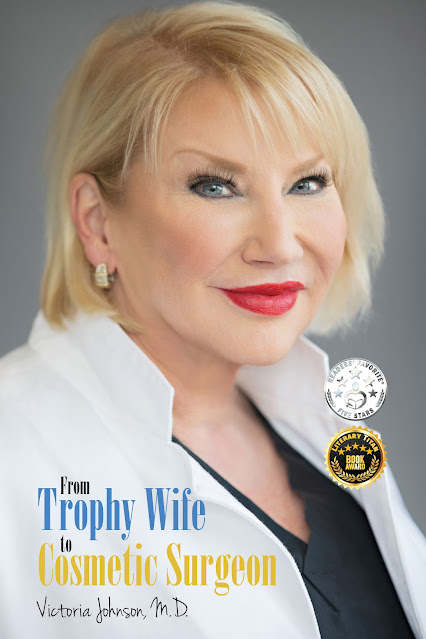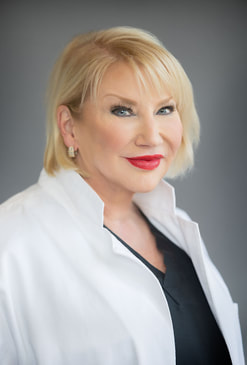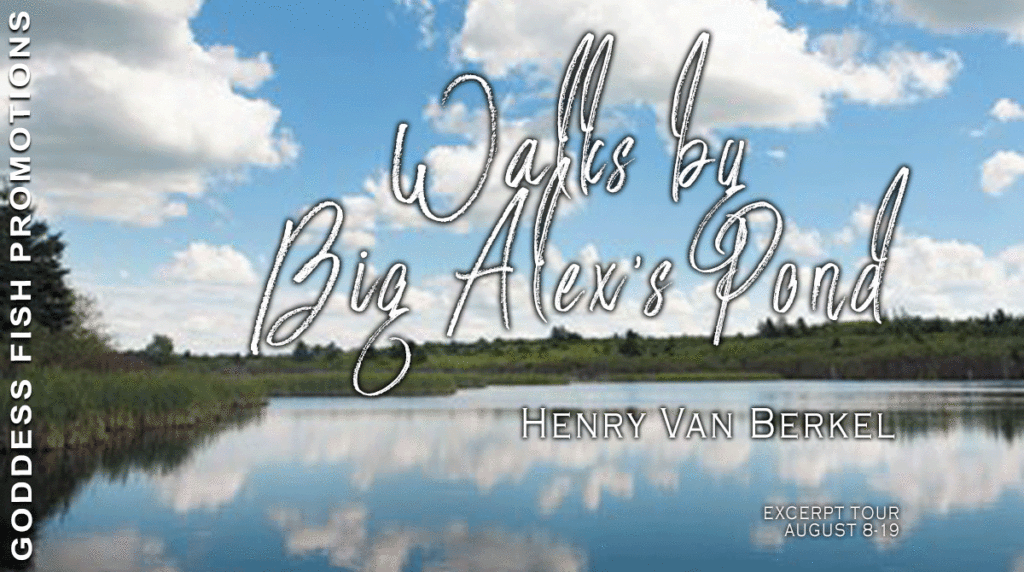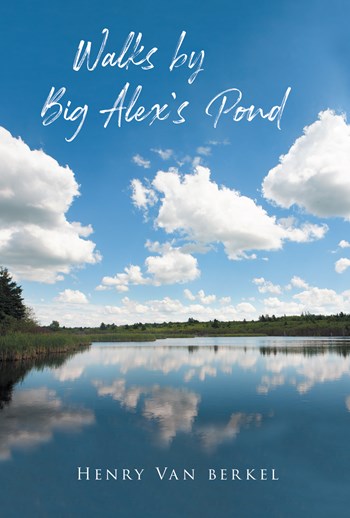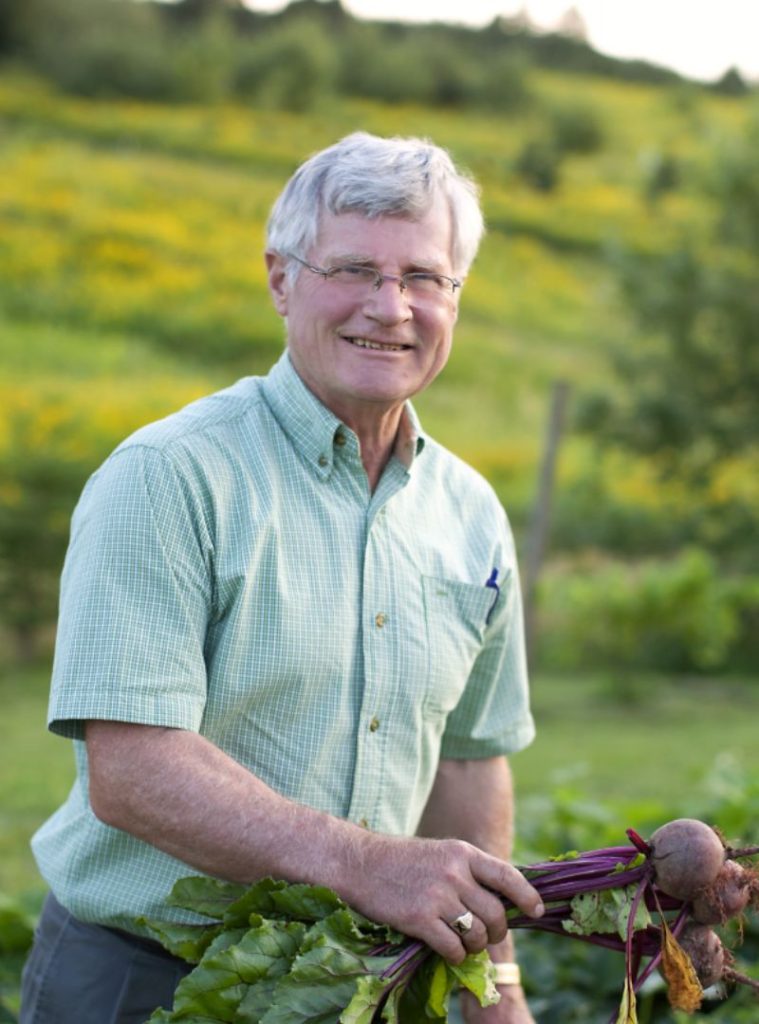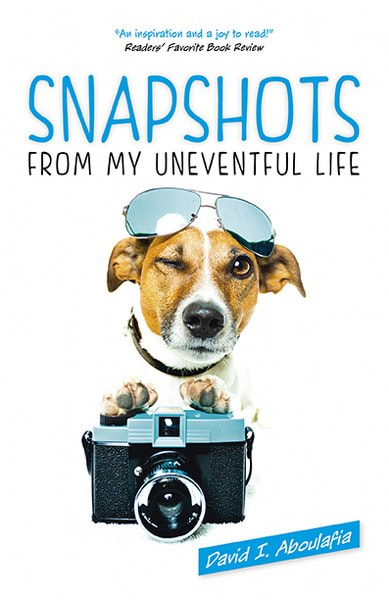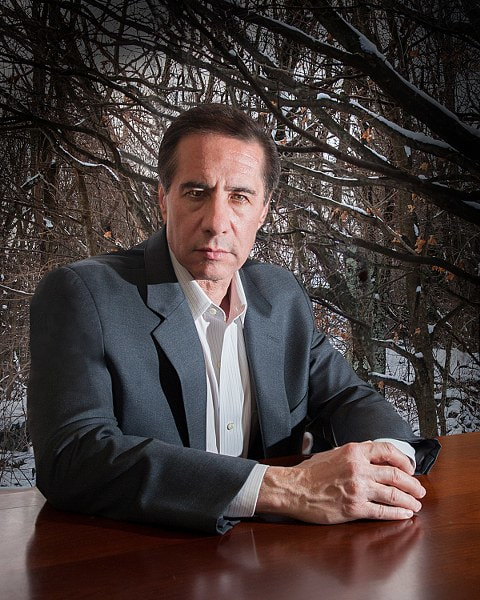.
Snapshots From My Uneventful Life
by David Aboulafia
Genre: Comedy, Autobiography
In this hysterical, irreverent and sometimes thought-provoking
collection of essays, the author takes us on a journey through
everyday, real-life events that started out as “uneventful,” but
wound up being anything but. “Snapshots” is a book that everyone
will identify with, and that will have you holding your stomach with
laughter and scratching your head in wonder!
~~~~~
.
Check out this peek inside:
.
“A Funny Gag, But No Laughing Matter”
POOR COCO, my one-year-old, chocolate brown, 65 pound, positively loony Standard Poodle, was about to get his balls chopped off.
Look, there’s just no delicate way to describe it, and I’m not sure whether I should tiptoe around anything or sugar coat the true nature of the event. Employing a more acceptable term such as “neuter” would not alter the graphic significance of such a procedure, at least to any human male.
While convinced of the necessity for this long ago, and despite the sage assurances of the capable veterinarians we consulted (who, I assure you, would just as quickly have recommended the de-balling of my canary or koala), I could not shake the disturbing notion that my loving pet’s very soul would be affected in some way.
Maybe he would come out of surgery like a Stepford wife, or like one of those pod people who are just like the humans they replace, except that they’re not.
That bothered me. That, and the fact I couldn’t even discuss the issue with the vet without two hands shielding my gonads. Hey, don’t wave a red flag in front of a bull, if you know what I mean.
Anyway, my wife took him to the vet that day. Before Coco left, I approached him with bowed head as if he were going to the gallows. I said I was sorry I had failed him, that I had done everything I could, but, that it would be over quickly, and he wouldn’t feel a thing.
French poodles are among the smartest dogs on the planet, and Coco is no exception. He is also a crap expert, as most dogs tend to be, and is fully able to recognize it when it is exiting the mouth of his human. He looked at me with disdain and disbelief, snarling at my disingenuousness, and I didn’t blame him a bit.
The task of retrieving my pup fell to me several hours later. This is a duty that has always caused me great pain and anguish. How it is possible that a man gets as anxious over the health of his dog as the health of his children I cannot imagine, but I do. I drove to the vet with feelings of dark anticipation and dread.
My anxiety expresses itself through my comedy, I suppose, or in the attempt, at least. I guess it’s a way of expelling bad thoughts. I entered the clinic and approached the five sweet-but-always-distracted female administrators who crowded the small area that was the front office. Separating them from the patient waiting area was a four foot high barrier, which they no doubt thought steep enough to fend off any large beast weighing more than any of those sheltered behind it.
“I’m here to pick up Coco,” I announced stoutly. “I believe that he was spayed,” I added.
On the one hand, I was quite proud of my use of complex medical terminology. On the other hand, I didn’t mind disclaiming a precise awareness of the procedure, so I would at least have culpable deniability if anyone were to think me cruel or unfeeling for having so mercilessly mutilated my pet.
“You mean neutered, I hope,” pleaded one of the oh-so-kind assistants, reminding me that the term “spay” is most often used in connection with the female of the species. She spoke with a curious narrowing of her left eye as if to assess whether I might have brought the animal in for a sex change.
“Oh, yes, I’m sorry,” I cheerfully agreed. Wishing to clarify the matter, I simply added that Coco had been brought in to get his balls chopped off, and that was the long and the short of it.
As you can imagine, this remark was received with some disapproval.
Then, I got an idea. I giggled to myself. I forced myself serious, and looked around to see if any- one was in earshot of my thoughts. Finding no one – and somewhat disappointed – I leaned forward.
“May I ask you something?” I inquired of the wholly efficient two-kids-three-cats-mom assistant in front of me.
“Of course,” she replied.
“Can I keep them?” I asked.
Everyone in the office area stopped what they were doing and looked up.
“Excuse me?” she asked.
Timing was everything, and I knew it. I floated a pregnant pause and replied.
“Can I keep them?” I repeated.
“You want to keep them?” she asked.
“Yes…well, actually, it’s my wife who wants them.”
“Your wife?”
Everyone was at full attention now, and I had achieved what I had set out to; namely, to make a complete spectacle of myself.
“Yes,” I replied. “She wants to keep them in a jar on the mantle.”
“In a jar?” she asked with some astonishment.
“Yes,” I repeated.
“On the mantle?” she asked.
“Yes….” I replied, and quite eagerly, now. I was ready for my close-up, baby; ready to deliver the punch line.
“She wants to display them right next to mine,” I added happily.
Well, I thought it was funny. Most of my audience laughed, getting the gag.
But, in relief, I am sure.
.
~~~~~
More Snapshots? From My Uneventful Life
More Snapshots is the cheeky sibling of its predecessor Snapshots From My
Uneventful Life. Chatty, hilarious and often poignant, David I.
Aboulafia takes us on a journey through every day, real-life events
that start out as uneventful, but that wind up being anything but…
~~~~~
.
Check out this peek inside:
.
“MAX”
HIS NAME WAS MAX and he grew up in Brooklyn. He was a former Marine sergeant and served in the Second World War. He was a big guy and a tough son of a bitch and words in the form of hoarse orders spewed from his mouth as easily as his ready laugh, which was always followed by a grin so broad it seemed it could connect California to New York.
And once upon a time, in Brooklyn, New York, Max met a woman, and her name was Adele, and he fell in love with her and married her, and they had children together and stayed together for life. And it was a good life.
Max was a dear friend of my father. Adele was a childhood friend of Mom. I knew them both my entire life. Max always treated me as a son, and I loved him for it.
And one day Max and Adele took the kids and moved to Arizona, and they got old there, and they died there, one soon after the other. And then they came back to Brooklyn together one last time.
I don’t know exactly what moves a person to wish to be cremated, but some do. The way Max thought about it, I guess, was that he wished to be buried in Brooklyn, which he still considered his home. But he also knew that his family was now 2000 miles away from that place and couldn’t be counted on to visit him there. No one he had known in Brooklyn was alive to come to his gravesite, either. So, he decided to be cremated, and his wife agreed, and they decided that their ashes were to be spread on the beach in Coney Island, where they had spent so many happy times together.
So Max requested that his family and friends visit him one last time, back there in Brooklyn, just off the boardwalk, in the shadow of the Parachute Jump and the Wonder Wheel. And they did.
And so did I.
We all sat on a picnic table, in front of Nathan’s, right by the sea, and everyone ate hot dogs and French fries, and looked at pictures and shared our memories. Then each of us was given a slender plastic tube, and each tube contained ashes, the mortal remains of Adele and Max, in equal proportion, we were told. Together.
We turned and all walked out onto the beach. It was a bright spring day, and the brisk sea air smelled wonderful, and all around us were laughing children and hawking vendors, and people taking pictures, and riding bicycles, and walking dogs, and eating cotton candy. My ears were filled with the screams of kids on the Thunderbolt, and I looked over my shoulder to see the mad-capped mug of the park’s famous Alfred E. Newman look-alike over the gate separating the boardwalk from the new Luna Park, all getting smaller and smaller as I walked towards the water’s edge.
One of Max’s grand-kids was there, and she had never been on a beach; she had never seen the ocean.
“I had no idea it would look like this,” she said, as she stared in amazement.
I smiled at her innocent remark as I turned and gazed over the water. “This is the Atlantic Ocean,” I said. “This is where your grandfather wanted to be.”
I thought of Max as I walked, and that smile of his, and that crazy laugh of his, and how he used to slap me on the back every time he saw me. Tears came to my eyes as I thought of the times we had shared, and with those tears came a realization. You might call it a greater appreciation for the scope of the sad duty bestowed upon the members of our stalwart group.
Then I began to ponder something I was already aware of: that the plastic tube I was carrying contained the remains of two people, co-mingled, as they were. I don’t know why I started to think about this, but I did.
And when I thought about it for a little longer, I realized that I really didn’t know who or what was in these tubes at all. For a moment, I started to feel really eeekkked out, if you know what I mean.
“OK, slow down,” I mumbled to myself. I had to come to grips with the fact that small remnants of my friends were in these vials, in what proportion I could only guess.
But which parts? I mean, was I holding the remains of Adele’s big toe and Max’s testicles?
Then I remembered that Max had only one testicle. Something had happened to the other one – I really don’t remember what – but as I recall the other functioned quite well on its own, thank you very much. For some strange reason, I choked out a gravelly chuckle. I wondered whether Max was laughing right at this moment, wherever he was.
I wondered a bit less when another thought occurred to me.
The beach was crowded.
No.
The beach was extraordinarily crowded. People were sunbathing, having full meals on blankets, drinking under umbrellas and reading books as they lay on the sand. Kids were running back and forth with beach balls and footballs and soccer balls; throwing Frisbees to each other, and trying to persuade the wind to catch their kites.
Did I mention it was a windy day?
It was a very windy day.
Ten people were going to spread the ashes of my two beloved friends onto the sand of an extraordinarily crowded beach on a very windy day.
An image of Max holding his stomach in laughter flashed across my mind.
I stopped and turned around. I had walked perhaps thirty yards, and it was about one hundred more yards to the water. I noted that the wind was coming from the direction of the ocean and that the crowd was a bit thinner where I was standing. I could actually see a clear path to the boardwalk every now and then, with no people zigzagging back and forth.
In short, I thought maybe we could pull this off right there, without any part of Max being picked up by an errant breeze, only to become part of someone’s turkey sandwich.
Then I noticed that not all of our party had advanced upon the beach as far as I had. One of the more elderly participants was arguing with one of Max’s kids, advising that she was unable to make the long walk to the ocean, as the offspring was apparently suggesting. The woman – an octogenarian, it appeared – was summarily deserted to remain on the boardwalk to await the troupe’s return. I couldn’t tell if her assignment of ashes were confiscated from her as a further penalty for her sorry lack of cooperation and her dismal failure to appreciate the spirit of the occasion.
I waited for the entire group to catch up with me. The husband of one of Max’s daughters came to my side. He was burdened with an array of cameras, tripods and other electronic devices slung over his shoulders. For some reason, he reminded me of a wartime correspondent.
He suggested to the group that we all form a circle, say a few words and scatter the ashes we were holding. I crooked my finger at him, beckoning him closer, suggesting he humor me with a brief conference.
“I recommend that you keep your back to the wind,” I whispered into his ear.
He looked at me – momentarily bewildered – until a particularly strong gust clarified the meaning of my proposal.
“I see,” was his only reply, as he wisely turned his back to the ocean, and the wind, and abandoned his notion of forming a mystical ring, which I’m sure might have assisted our dearly departed cross over, as it were, but which would’ve also assured that half our party would’ve been dusted with their remains. He was now prepared to complete the task at hand.
His wife would have none of this. She declared that she was wading into the ocean and depositing her share of ashes there. The implication of her remark was that we should all do the same. I realized that to follow her example would be to convert the entire affair into something more akin to a baptism than a funeral. I also realized I was wearing $200 shoes. Then another thought occurred to me.
Was any of this legal? Surely this had to be against the law. You can’t just toss the remains of dead people anywhere you choose.
Can you?
Another image of Max crossed my mind. This time he was rolling around on the floor in hysterics, curled into a fetal position, begging me to stop.
As we advanced towards the water the beach-going throngs seemed to multiply, the crowds becoming thicker and thicker. Our party began to disperse.
Max’s daughter waded into the water. Her two teenage daughters – Max’s grandkids – walked hand in hand down the beach, scattering their share of ashes as they did. It was touching and quite beautiful, and the sight of them tenderly dispersing the remains of their grandparents along the shoreline made for a memorable snapshot in its way.
It was marred only by the sight of their father back-stepping down the beach in advance of his daughters. He was in his full cinematic glory – acting as cameraman, director and producer of his own Greatest Moments motion picture – armed with a digital single-lens reflex camera in one hand, a camcorder in the other, and a light meter strung around his neck, all of which he operated as he barked commands to his offspring, including this precious directorial snippet:
“Girls, you’ve got to give me more.”
Four of our party decided to form a circle after all. For some reason, I just let them do it, without protest of any kind. I guess I was kind of overwhelmed.
They said a few kind words and scattered the contents of their tubes upon the sand. They were oblivious to the fact that the already high gusts were significantly more gustful at the water’s edge where they were standing.
The result was predictable. In the next moment the remains of Adele and Max – or a few tubes worth of them, anyway – were carried away by the prevailing winds and deposited back in the direction from which they had been released, specifically, onto a female participant’s bright green slacks. She giggled like a schoolgirl, apparently out of embarrassment.
Oops!
I thought about Max’s testicle again.
The woman brushed Max and Adele off of her pants. I gasped. I tried to compose myself.
About twenty feet from the shore I turned to face the boardwalk and dropped to my knees. I opened the cap on my small tube. I let the sounds of the wind and the crowds fill my ears. The majestic Cyclone rose before my eyes, and with it came ghostly memories of fortune tellers and freak shows and games of chance and of Steeplechase Park. I thought of old photos, and old movies, and tried to remember what Coney Island must have looked like in the 1950s.
I thought of Adele and Max going on countless dates here, walking hand-in-hand along the shoreline, much like their grandchildren had done today.
My friends had returned to their home, to their happy place, where their love for each other first began to bloom.
Maybe this wasn’t such a bad place to wind up after all, I thought to myself.
Thomas Wolfe wrote that you can’t go back home to your childhood, or to romantic love, or to the old forms of things which once seemed everlasting. You can’t go back home to the escapes of Time and Memory, he wrote.
But perhaps he was wrong. Perhaps some people form an eternal connection with the places they consider their homes, one that remains unbroken no matter how far they may stray from them. Perhaps we only get to have one real home in our lives, and that some of us will feel a need to return to it, at one point or another, in this life, or in the next.
With a sad tear in my eye, I slowly spread their ashes across the sand.
I said my goodbyes, and I left.
As I did, a breeze picked up and my shirt buffeted around me.
I could swear I felt a slap on my back.
.
~~~~~
DAVID I. ABOULAFIA is an attorney with a practice in the heart of New York
City. He spends the wee hours of the morning writing books that
terrify and amuse. His days are spent in the courts and among the
skyscrapers, and his evenings with the trees, the stars, his wife and
his dog in a suburb north of the City.
Follow the tour HERE
for exclusive excerpts and a giveaway!
a Rafflecopter giveaway
~~~~~
Thanks so much for visiting fuonlyknew and Good Luck!
For a list of my reviews go HERE.
For a list of free eBooks updated daily go HERE
To see all of my giveaways go HERE.











